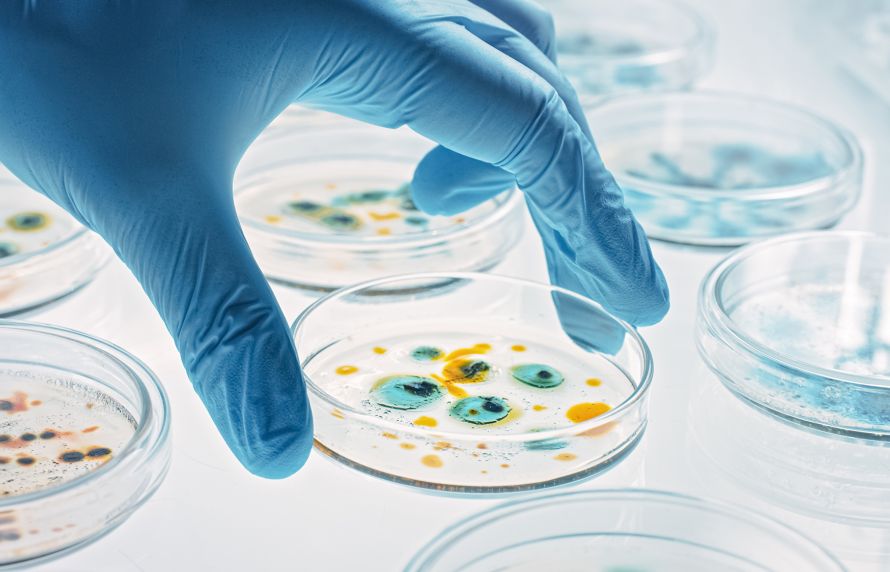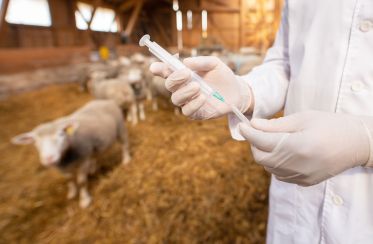Read time: 0 mins
Warning on the risks of hair straightening products containing glyoxylic acid


Warning on the risks of hair straightening products containing glyoxylic acid
Our news
Focus on
Agenda
Portals
Agency news
Occupational health
ANSES and the ANSM strengthen their partnership
On 12 June, ANSES and the ANSM signed a new framework agreement to reinforce their partnership across the entire field of human and veterinary medicinal products. This new agreement between the two health agencies also provides for cooperation to be extended to all possible synergies according to the "One Health" approach.
Veterinary medicine - ANMV
The French Agency for Veterinary Medicinal Products celebrates its 30th anniversary
The French Agency for Veterinary Medicinal Products (ANMV) was created in 1994. Part of ANSES, it monitors the efficacy of the veterinary medicinal products used in France and ensures they are environmentally friendly and safe for animal and human health. The ANMV’s missions and importance on the French and European scenes have changed significantly over the past 30 years. Below, Franck Fourès, Director of the ANMV, looks back at its history and discusses the major challenges that lie ahead.
Environmental health
ANSES and Institut Pasteur: a partnership at the service of One Health
Institut Pasteur and ANSES have just signed a partnership agreement to pool their skills in the interests of ‘One Health’. The two organisations carry out complementary activities: one studies human infectious diseases and the other the risks associated with animal diseases and food, including diseases transmitted from animals to humans and by vectors.
Environmental health
The fundamental principles underlying ANSES’s vigilance schemes
ANSES coordinates seven vigilance schemes aimed at identifying adverse effects caused by several types of products and foods. What are the fundamental principles underpinning this mission at the Agency? What do the new vigilance schemes for cosmetics and tattoos involve? What is the outlook for these schemes? Juliette Bloch, Director of Health Alerts and Vigilance, answers our questions.






